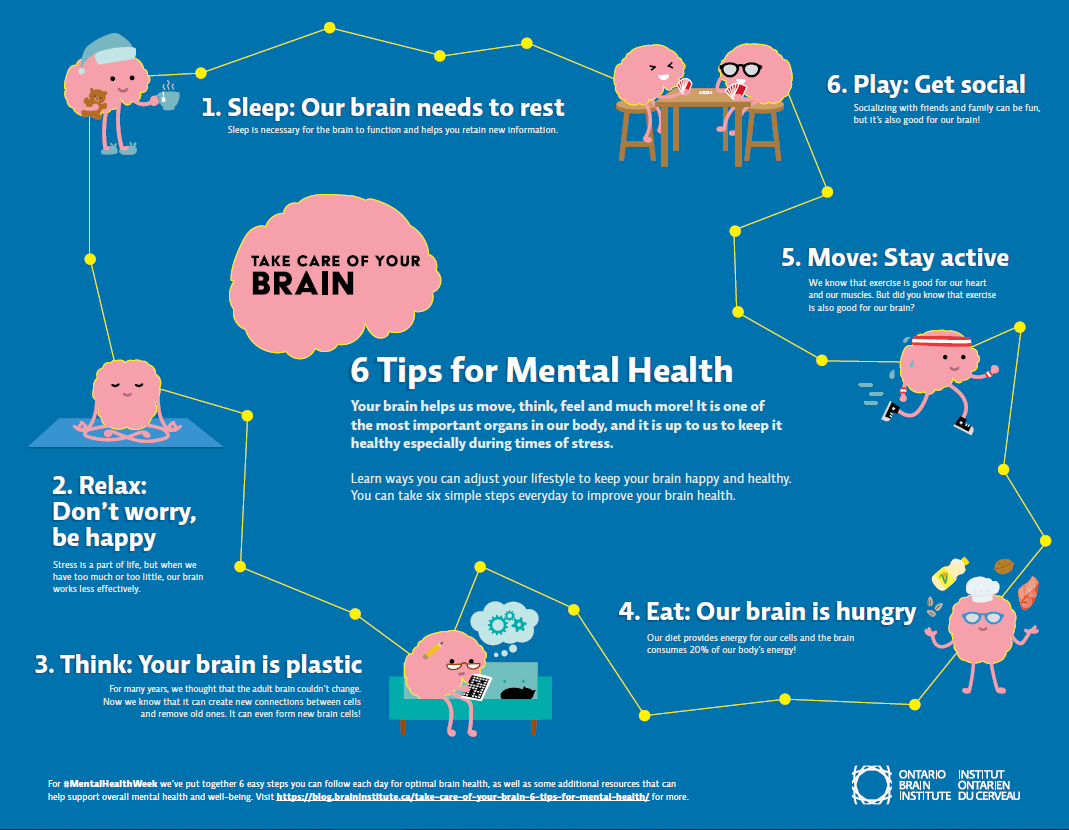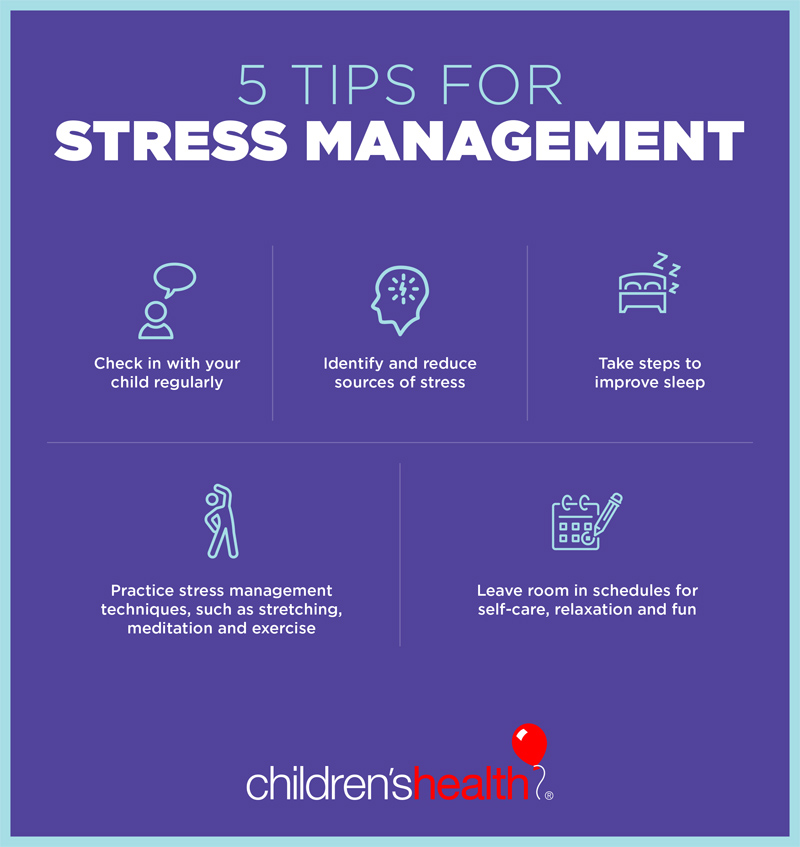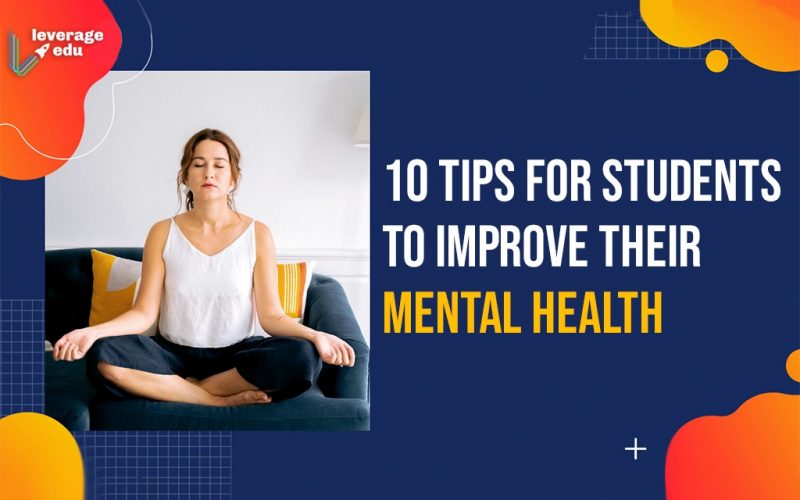Covid 19 has made our lives confusing and challenging. We adopted a new way of living through online classes and work from home setups. This ‘new normal’ came with its own shortcomings. Mental Health is one of the major issues that was highlighted by people belonging to different groups. Students, in particular, had to struggle the most. From online classes to online exams and a longer waiting period on results made many students question their futures. Keeping that in mind, we bring a fun read for all the students who wish to improve their mental health!
This Blog Includes:
“Happiness can be found even in the darkest of times, if one only remembers to turn on the light.”
— Albus Dumbledore
Impact of Covid-19 on Students’ Mental Health
According to a plethora of research and studies that were done by various organisations across the globe, it was found that during the Covid-19 pandemic, the following concerns were commonly noticed that deteriorated the mental health of students:
1. Emotional instability and mood swings
2. Anxiety and depression
3. Addiction to video games and online games
4. Emotional eating (excess eating to cope up with emotions such as frustrations, stress, boredom, and fear)
5. Increased usage of social media, which exacerbates negative emotions such as comparison, poor self-esteem, and body image concerns, among others
6. Anger, rage, self-isolation and other negative distractions
7. Lack of motivation and a sense of lethargy
8. PTSD if exposed to intrafamilial violence
9. Experiments with high-risk behaviours such as gambling, pornography viewing, among many others
Tip to Improve Mental Health for Students

Mental health for students is quite a delicate issue, especially now that the world is waging a bio-war with COVID-19. It is also a critical issue for educators, who are frequently their pupils’ first line of defence. Education experts have acknowledged the influence that a student’s mental health has on learning and accomplishment, and they recognise that there is a lot that can be done to support kids who are struggling with mental health difficulties. Hence, we have compiled some important and necessary tips to improve mental health for students:
Take a Proper Diet!
The first and foremost pro-tip to improve mental health for students is to inculcate the habit of eating the right food and nourishing the body with a proper diet. Every year, more research linking nutrition to mental health is published. Poor diets and unhealthy eating habits may clearly have a negative impact on your physical health, which can then have a bad impact on your mental health, but poor food can also make you feel worse. Eating a nutritious, well-balanced diet rich in fats, fibre, and nutrients can help you manage your stress and anxiety, enhance your sleep, improve your memory, and make you feel better overall.
Take Proper Sleep!
Another golden tip to improve mental health for students is to always emphasize having a proper 8-9 hours of sleep. Sleep has indeed been linked to a variety of physical and mental health effects. While some psychological or mental illnesses may contribute to sleep troubles, a lack of sleep can intensify pre-existing conditions including depression, stress, and anxiety. Getting adequate sleep every night and going to bed early or at a decent hour is an excellent approach for living a healthy and happy life. Sleeping can have an impact on the mental health of students.
Stay Connected with Your Friends!
Connecting with people is an important aspect of maintaining a healthy lifestyle. By avoiding loneliness and unpleasant feelings, socialising with real people that you love being around can help you feel better. You can engage in a fun activity, such as solving a puzzle or playing a board game, or simply catch up and talk. It’s all up to you, but you don’t have to go it alone!
Do what Piques Your Interest!
What do you like to do? Is it reading, painting, gardening, or dancing? The choices are infinite, but it’s important for your mental well-being that you devote some time to doing something you truly like. Having a little fun every day, whether for 5 minutes or longer, may help relieve tension and focus your attention and concentration on something that offers you true delight. There are additional things that might make you happy that you might not expect or equate with having fun, such as donating old clothes to charity or being a volunteer in an NGO, etc
Be Active
One of the most important tips on our list to improve mental health for students is to be active and exercise regularly. Certainly, after COVID-19, our routine has become slightly lethargic. Students are now asked to sit hours in front of screens, computers, laptops, and other gadgets. All these practices are not only deteriorating the physical health of students and youth but also affecting their mental health. Exercise or other forms of exercise, like food and sleep, have an influence on both your body and mind. Maintaining an active lifestyle, whether it’s through sports, long walks, yoga, going to the gym, or jogging, can help you reduce stress and anxiety while also improving your self-esteem. It is not simple for everyone to be active and exercise. If you’re having trouble motivating yourself, consider running with a friend or taking a long stroll while listening to your favourite music or podcasts. Just keep pushing forward.
Pick up Daily Challenges
Setting yourself an exciting yet challenging task may appear to be a clichéd suggestion at first sight, but the fact is that it is an uplifting and engaging exercise. Learning something new is a great way to boost your mood and enhance your mental health. Make sure it’s something you’ve always wanted to try but haven’t yet. You might try a new dish, write a new sort of story, learn a new skill like carpentry, experiment with a new form of art, or take a stroll on a new route. Keep in mind that this is only for you. You’re not learning a new talent to jumpstart a new profession, impress people, or even become an expert in this new field.
Give Your Mobiles Some Rest
Here is another pro-tip to improve mental health for students that will also relax your body, especially the eyes. You may well not consider yourself addicted to your phones, or social media, or other smart devices, but reducing the screen timing and the use of technology is frequently becoming more difficult than before. Excessive and extended use of social media and other forms of media might have negative consequences. Even excessive news intake might have a negative impact on your mental health. There’s no need to go cold turkey and entirely eliminate it from your life. But, limiting would be a good option.
Try Some Mental Health Exercises
This tip to improve mental health for students directly focuses on improving their mental wellness, headspace and stimulating a positive flow of energy into them. It’s easy to feel overwhelmed when it comes to improving one’s mental health, but it doesn’t have to be. Small changes might add up to a big difference over time. Choose one or two mental health activities that you enjoy and plan them into your calendar on a regular basis. Some of the best mental health exercises are laughing out loud, meditating, journaling, stretching, sketching, listening to music or dancing.
Spend Some Time in the Sunlight
This one is a little more modest tip to improve mental health for students. On a repeat. Serotonin, a hormone that can help enhance your mood, promote feelings of calm, and improve your attention, is elevated by exposure to sunlight. Spend time outside on a daily basis to soak up the energising rays of sunlight to help alleviate sadness, tension, and worry.
Take Help from Others
Children and adults, both have to understand and learn that there is absolutely no harm in receiving treatment for their mental health and well-being. Getting assistance when you need it is the right and healthy thing to do. Unfortunately, there is still a stigma associated with mental health and getting assistance or help to improve mental health for students and youth in our society. However, this is changing. People are starting to realise not just how common mental health problems are, but also how necessary and natural it is to seek treatment. You don’t have to do this by yourself.
“You, yourself, as much as anybody in the entire universe, deserve your love and affection.”
— Buddha

Famous Book on Mental Health for Students
Books are more than just a source of entertainment. They can serve as a gateway to other worlds, a bridge to a different past or future, a philosophical outpost, and a support system in times of need. We have mentioned few books on mental health for students that can be considered:
- How to Thrive When the World Overwhelms You
- Loving Bravely
- 7 Habits of Highly Effective People
- Burnout: The Secret to Unlocking the Stress Cycle
- Emotional First Aid
- It Didn’t Start with You: How Inherited Family Trauma Shapes Who We Are and How to End the Cycle
- The Body Keeps the Score
- Change Your Brain, Change Your Life
- Hope and Help for Your Nerves: End Anxiety Now
- Recovery: Freedom from Our Addictions
“You can’t control everything. Sometimes you just need to relax and have faith that things will work out. Let go a little and just let life happen.”
— Kody Keplinger
We hope you understand the importance of mental health for students. Try to implement these tips in your life and let us know if they helped you improve your mental health. Stay connected with Leverage Edu for more such educational content and exciting quizzes!

 One app for all your study abroad needs
One app for all your study abroad needs
























 45,000+ students trusted us with their dreams. Take the first step today!
45,000+ students trusted us with their dreams. Take the first step today!


